SGGPO
“In the real world, respect for national sovereignty is a fundamental principle recognized in the international legal system. However, due to the cross-border nature of cyberspace, ensuring national sovereignty in cyberspace is a new and complicated issue,” said delegate Luu Ba Mac (Vietnam).
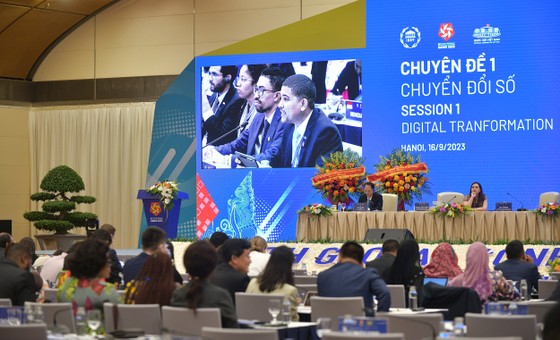 |
| Scene of the thematic discussion session No. 1. Photo: QUANG PHUC |
On the afternoon of September 15, within the framework of the 9th Global Conference of Young Parliamentarians, delegate Luu Ba Mac (Vietnam) said that the digital transformation process is taking place in countries at different levels, showing that the most important foundational factor for the digital transformation process is to perfect institutions and policies, put people at the center, link digital transformation with sustainable development and leave no one behind. In addition, the digital transformation process raises discussions about national sovereignty in cyberspace.
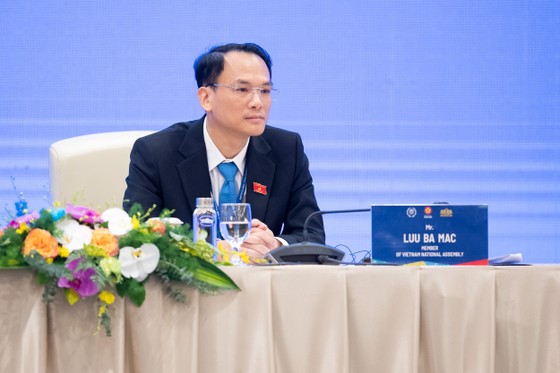 |
Delegate Luu Ba Mac (Vietnam) |
“In the real world , respect for national sovereignty is a fundamental principle recognized in the international legal system. However, due to the cross-border nature of cyberspace, ensuring national sovereignty in cyberspace is a new and complex issue. Ensuring sovereignty in cyberspace requires cooperation and coordination among countries in the region and the international community,” the delegate emphasized.
Commenting on the issue, Ms. Yetunde Bakare, Director of YIAGA Africa based in Nigeria, said that according to 2023 statistics, there are currently 5.4 billion people in the world, equivalent to 67% of the global population using the internet, an increase of more than 50% compared to 2018.
“It is worth noting the difference in internet access between different social classes and different ages. The issue is how we can narrow the gap in digital development and digital capacity in the context of digital transformation. There needs to be policies to promote investment in digital skills for the younger generation and older generations to ensure inclusiveness,” the female delegate said.
In addition, Ms. Yetunde Bakare suggested promoting public-private partnerships and relations with social organizations to ensure inclusive development, connecting all classes together, having the same strategy and supporting digital inclusive policies.
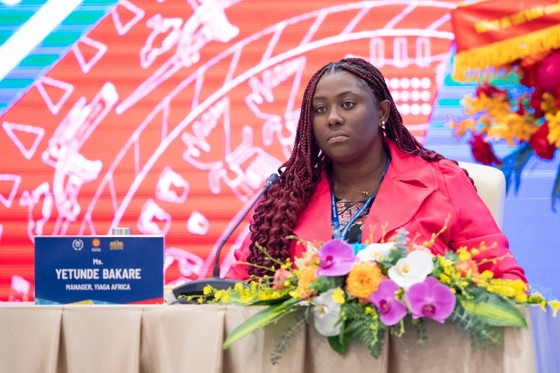 |
Mrs. Yetunde Bakare |
Congresswoman Cynthia Lopez Castro (Mexico) proposed designing strict punishment policies for violations in cyberspace.
Cynthia Lopez Castro said Mexico has an Olympia law that stems from the distribution of videos containing sexual content without consent - this is an act of violence on the internet, which is not regulated by law. "We have succeeded in getting it into the Constitution as a criminal offense, violating the right to personal privacy. This law is also replicated in many states in Mexico and some countries.
Currently, Mexico has a 50% female parliamentarian ratio, the Chief Justice of the Supreme People's Court is a woman, the President of the National Assembly is a woman, Ms. Cynthia Lopez Castro said and hopes that parliaments together design similar laws to prevent violence against women online.
Source




![[Photo] President of the Cuban National Assembly visits President Ho Chi Minh's Mausoleum](https://vphoto.vietnam.vn/thumb/1200x675/vietnam/resource/IMAGE/2025/10/1/39f1142310fc4dae9e3de4fcc9ac2ed0)
![[Photo] Keep your warehouse safe in all situations](https://vphoto.vietnam.vn/thumb/1200x675/vietnam/resource/IMAGE/2025/10/1/3eb4eceafe68497989865e7faa4e4d0e)

![[Photo] Hanoi morning of October 1: Prolonged flooding, people wade to work](https://vphoto.vietnam.vn/thumb/1200x675/vietnam/resource/IMAGE/2025/10/1/189be28938e3493fa26b2938efa2059e)













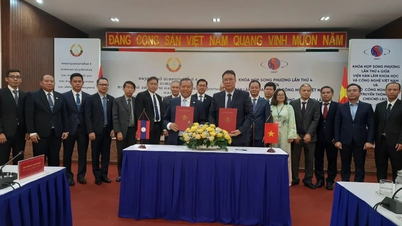




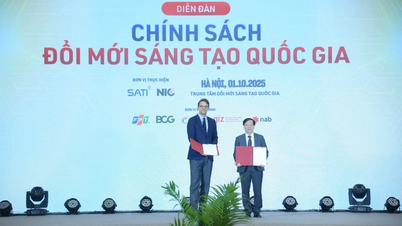




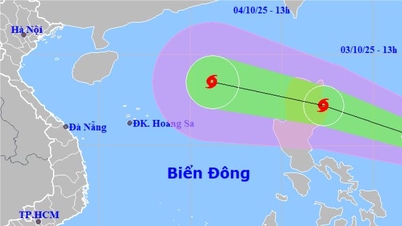




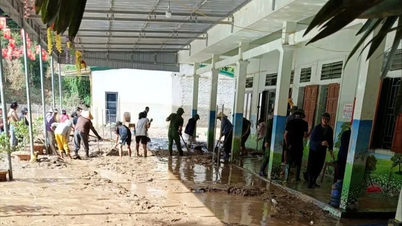




































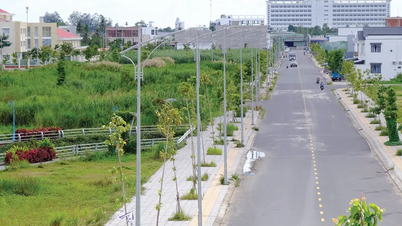

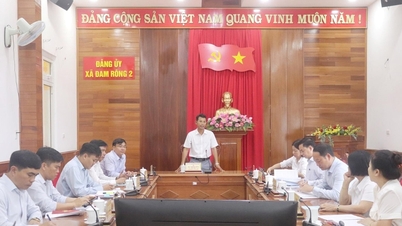



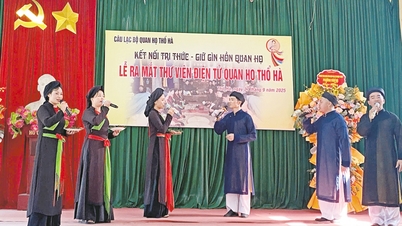


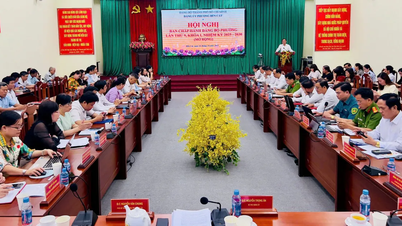














Comment (0)